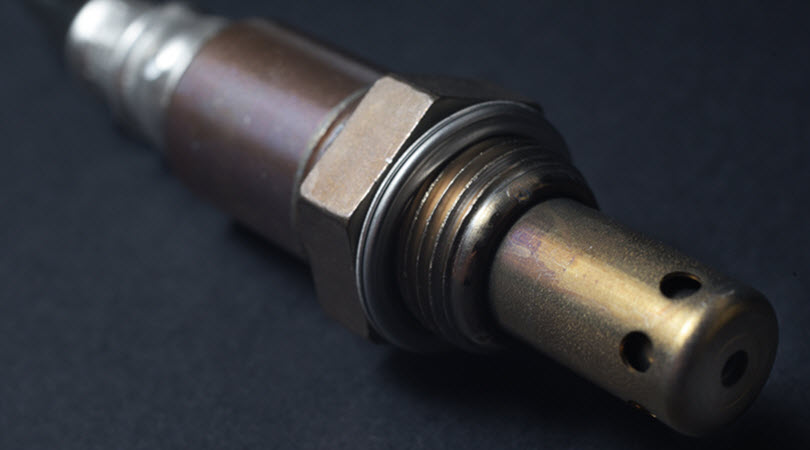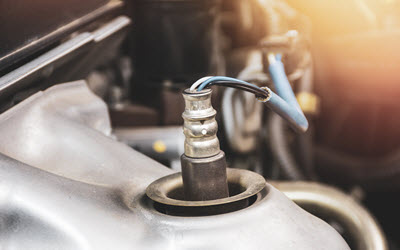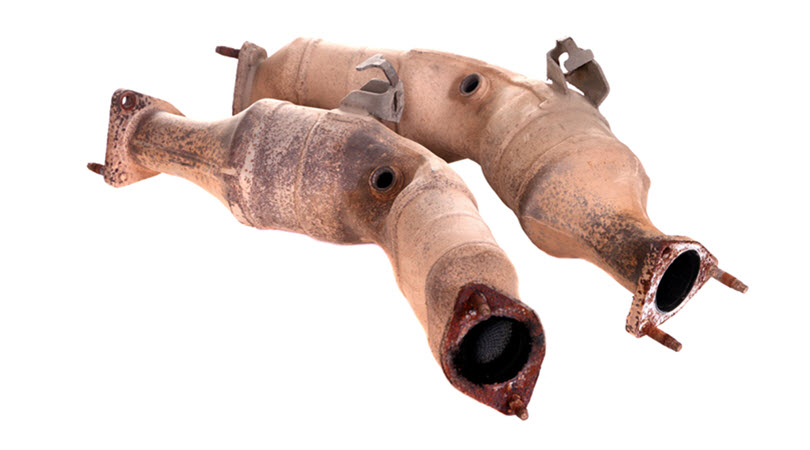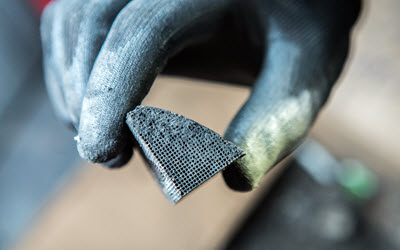
Cars become more reliant on technological advancements versus being entirely mechanical. These advancements in the automotive industry can be quite helpful for your drive and by alerting you to potential issues in your vehicle and aiding in high engine performance.
There are numerous sensors that can help diagnose and prevent failures in the mechanisms of your Porsche. One sensor that can prove vital to maintaining the overall health of your vehicle is the O2 sensor. This sensor is a vital component involved in the combustion process that keeps your engine running happily and reliably.
Combustion isn’t possible without oxygen, so your O2 sensor makes sure your engine has a healthy oxygen-to-fuel ratio. This important sensor also monitors the emissions the engine puts out and makes sure there are no harmful gases entering the environment.
If your vehicle begins to show signs of a failing O2 sensor, this is a severe issue that can negatively affect your engine’s performance and cause other problems if left to damage your components in your Porsche. You must take your vehicle to a trusted technician as soon as possible to get a diagnostic test and proper repair.
There are several symptoms that will indicate a failing O2 sensor in your Porsche. Below we’ve listed the most common signs of a failing O2 sensor:
Illuminated Check Engine Light
Modern vehicles are very good at giving you a heads up when there’s trouble under the hood. A failing O2 sensor will often trigger the check engine light to illuminate on the dashboard of your car. When this indicator lights up or any other dashboard indicator, you should have your vehicle serviced by a qualified technician. Never drive a vehicle for long after the check engine light illuminates without ensuring your engine’s health to ensure the longevity of your Porsche.
Increased Exhaust Emissions
One of the functions of the O2 sensor is to monitor your car’s emissions. When an O2 sensor starts to malfunction, it may affect the amount of exhaust produced by your vehicle. You may notice increased emissions from your Porsche’s exhaust when idling. There may even be a noticeable bad smell while driving. While this might seem like a purely cosmetic concern, an increase in exhaust emissions indicates a severe problem with your engine and it should be checked out by a Porsche expert.
Irregular Engine Sounds
When your engine fails to function as intended, your car’s overall health and performance may suffer. You may be able to notice this kind of issue by listening to the sounds produced by your vehicle’s engine. If you begin to hear abnormal sounds from your Porsche, this is a clear sign that you should bring your vehicle to a qualified automotive technician.
Poor Vehicle Performance
Intricately-designed vehicles like your Porsche run well because of all the parts working together in sync. So when one part fails to perform its function, the whole system begins to struggle. An O2 sensor that fails to function may also be unable to maintain the correct oxygen/fuel ratio. This ratio is necessary for the combustion process.
A disruption to the air-to-fuel ratio may cause your engine to perform suboptimally. It goes without saying that poor engine performance causes your vehicle to struggle in its overall performance.
If you notice your vehicle struggling to accelerate at its regular rate, it could be a sign of a failing O2 sensor. If your Porsche is in any way deviating from its usual performance, bring it into a trusted automotive shop for a diagnostic test. You know how your Porsche is supposed to perform. Trust your instincts and have it checked out if you suspect a problem.
Find Skilled, Honest Help At Carotech Automotive
Regardless of what problems your  vehicle might have, our ASE-certified technicians can find solutions for you. Rest assured that at Carotech Automotive, your Porsche will be in skilled and qualified hands.
vehicle might have, our ASE-certified technicians can find solutions for you. Rest assured that at Carotech Automotive, your Porsche will be in skilled and qualified hands.
We have proudly serviced cars all over the Los Angeles, CA area for over 50 years. We are eager to help you with your Porsche’s problems, too. Bring your vehicle in for service today and allow us to prove what makes us the #1 trusted garage for Imports in the L.A. area.


 Los Angeles, California,
Los Angeles, California, 



Recent Comments